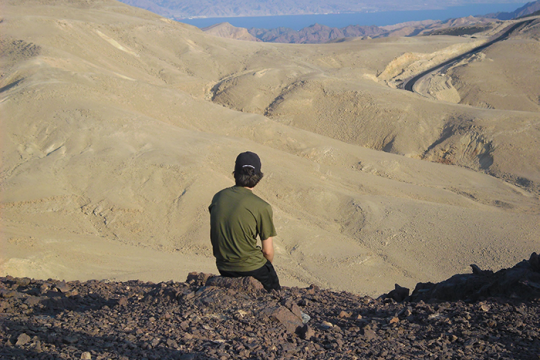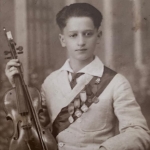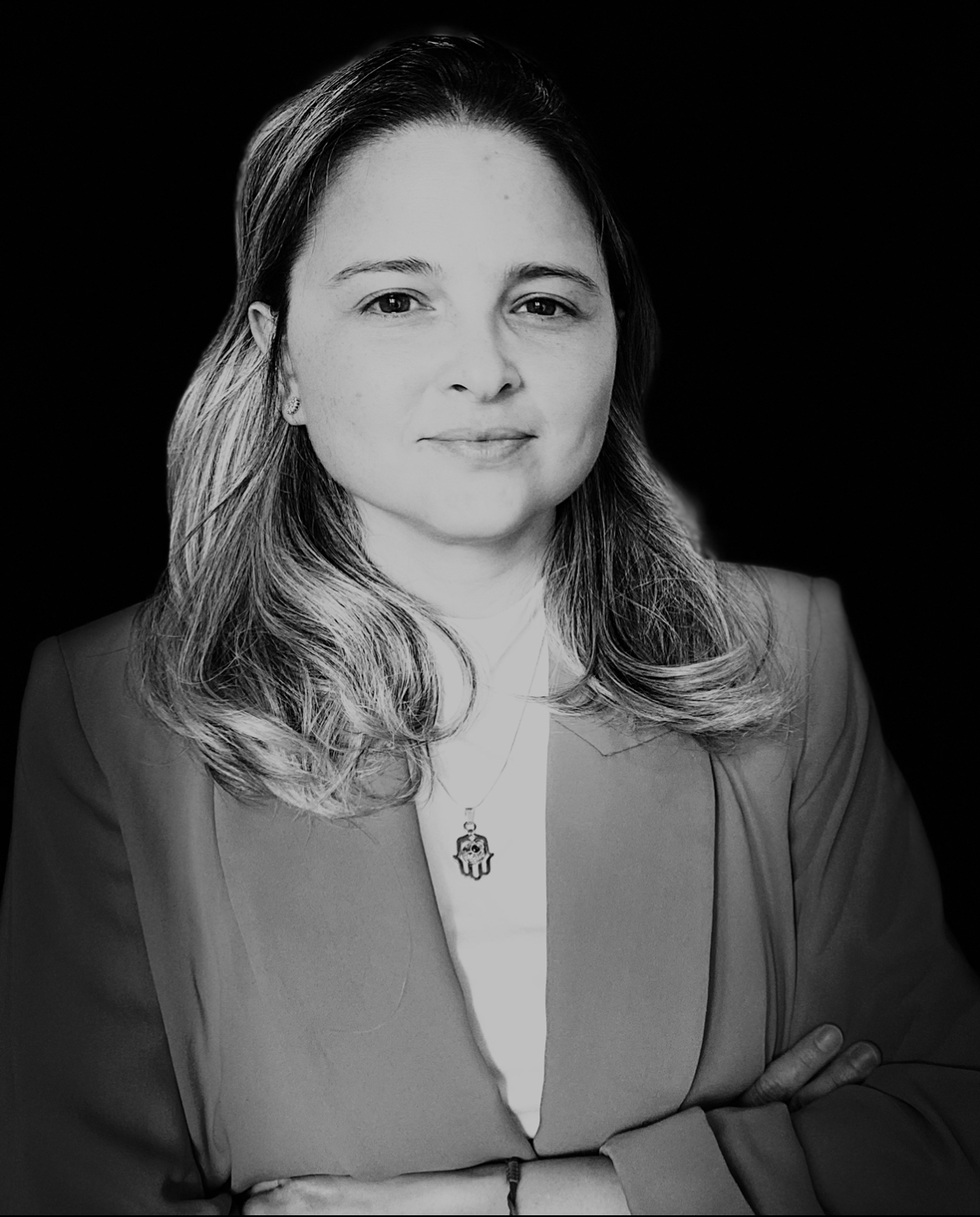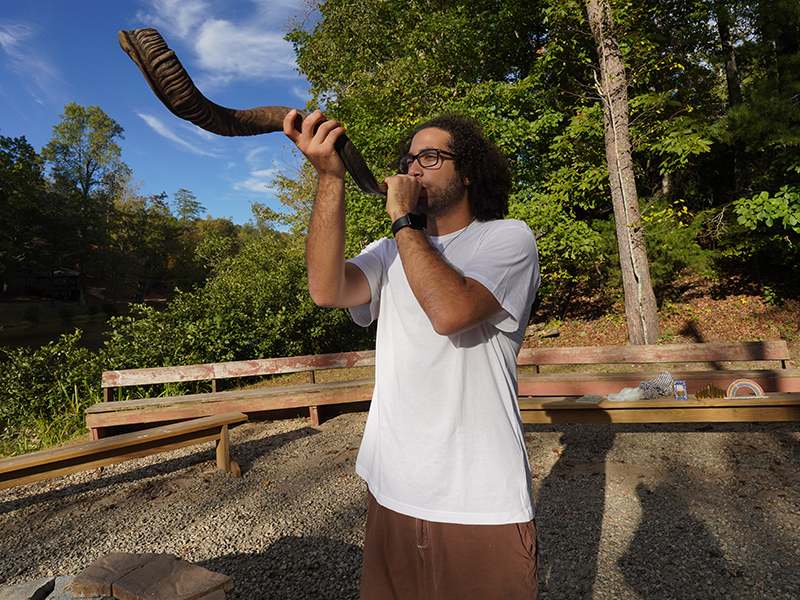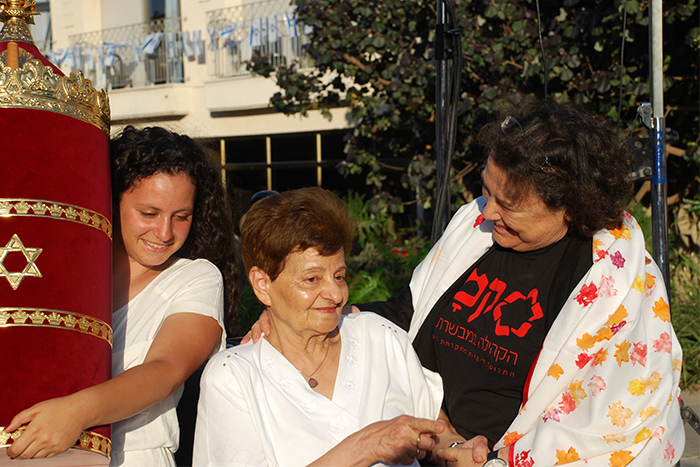
When I mentioned our family’s background in a discussion with my children, my older son became agitated, asking, "Why do you always bring up Cuba?"
For a moment, I wondered if I should keep my knowledge of our family’s past and challenges to myself.
Abraham Zayon, known as "el polaco" ("the Polish," a Cuban term for Jews, regardless of their origin), was an Austrian prodigy who came to Cuba at age six in 1924 with his parents. Armed with a small wooden suitcase and his violin, he won over the island. Abraham was my grandfather.
Before Fidel Castro's rise to power in 1959, Cuba was home to over 15,000 Jews. However, by the time I was born in 1988, that number had dwindled to approximately 1,500. For most Jews, Cuba had become a transit point on their way to the United States. Nevertheless, a few families, like mine, chose to remain.
When he rose to power, Castro imposed restrictions on religious practices. Although these policies were not specifically aimed at Jews, we were still negatively impacted. My mother and Aunt Lulu would whisper "Ma’oz Tzur," share stories of the Hanukkah gifts from Abuelo Abraham, and tell us about the delicious apple walnut charoset their Bobbe used to make. My sister recently reminded me that we used to ask Mami: "If that charoset is so delicious, why don’t we make it?"
We were children during Cuba’s "Special Period." The era was defined by an economic crisis that began in 1989. Our charoset was made from mashed bananas and a little honey — apples and other ingredients were a luxury in Cuba. On Fridays, we lit our candles and left them to shine for only a few moments - just long enough to say the blessings - before extinguishing them and saving them for the next week.
In the 1990s, Cuba's anti-religious policies began to relax. This shift led to a revival of Jewish life in the country, drawing the attention of international Jewish organizations eager to provide their support. When I was five, my family began attending the Beth Shalom Synagogue in Havana. That was the first time I can clearly remember experiencing Judaism as part of a community. As time went on, I took on a leadership role at the synagogue, where I contributed to developing engagement strategies and innovative programs. I collaborated closely with fellow community leaders and established connections with international organizations.
The Cuban Jewish community was flourishing. At that time, almost all Jewish families were connected to synagogues or community centers. We gathered for Shabbat, Israeli dance workshops, youth activities, Havdalah, religious school, and more. The JDC (American Jewish Joint Distribution Committee) played a pivotal role, providing financial support as well as educational and spiritual guidance. For over a decade, I cherished being a Cuban Jew. I am grateful for the experiences and opportunities that shaped me into the woman I am today.
Like most Cuban Jews of my generation, I made to Israel due to the political and economic limitations of our home country. I also wanted to ensure my children had access to Jewish education, which wasn't possible in Cuba due to the secular public education system. Jewish life in Cuba continues to exist, though with fewer members and less community engagement. Nevertheless, our presence endures.
Seven years ago, I moved to Miami from Israel. Everything was uncertain, but I knew two things: I wanted my son to attend a Jewish school and I yearned to be part of a Jewish community. I found a spiritual home at Temple Beth Am, but I'll always remember my Cuban roots. As an immigrant, I plan to keep teaching my children to not take anything for granted. I am a proud Cuban-Israeli-American Jew.
After he had finished his outburst, I gazed at my son (who is named after my grandfather) and said, "I always bring up Cuba because we, the Jewish people, are a dispersed community. If we forget our history, one day we may forget who we are.” I continued, “as a Jew, you will face challenges. But when you seek answers, my voice will be there to remind you of our heritage and guide you on your journey."
Related Posts
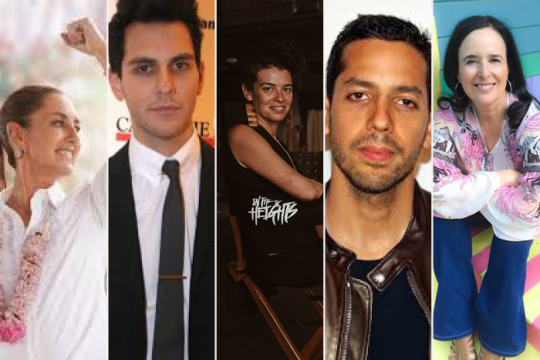
Meet These Hispanic Jews Impacting the World
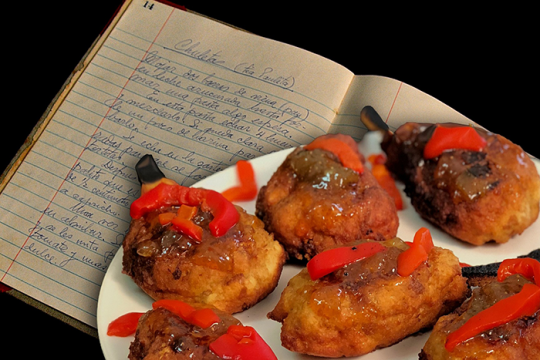
Crypto-Foods: the Triumph of Survival
